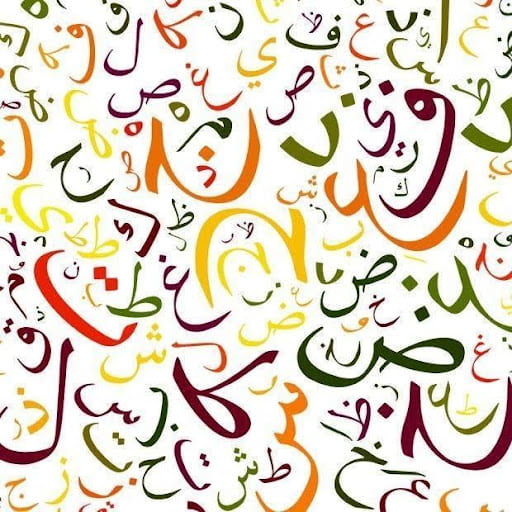By Daniella Razzouk | Staff Writer
It’s September, the school year has begun. You’re sitting in a too-small chair listening to your Arabic teacher explain the syllabus and the plan for the year in perfect, flawless, formal Arabic. They insist that this is how you will speak for the entirety of the school year, they insist that Lebanese Arabic, or “darej”, has no place in a classroom. They might have made it a matter of pride if they were feeling particularly bold. If you didn’t, or couldn’t, speak in formal Arabic, you were a failure to your own culture. Chances are, your teacher stopped speaking in standard Arabic after a week at most.
Many Lebanese children, myself included, grew up being told that our generation was somehow killing the Arabic language. First as kids by preferring to watch or consume media made in English or French, and now by using Latin letters to type in Arabic (heik ya3ne). When confronted with this view, it’s hard not to laugh at it. Arabic is one of the oldest, richest, and most widely spoken languages in the world, and yet, somehow, it is under threat because I chose to watch the Disney Channel instead of Cartoon Network Bil 3arabiya. Sometimes, we are told that we are killing Arabic by mixing foreign words into our daily speech. Oftentimes, this accusation pops up as part of a larger attempt to persuade young people to use Arabic “properly”.
What exactly “properly” means is up for debate. Some consider standard Arabic the only correct way and think the whole Arab world should do away with individual dialects in favor of formal Arabic. Others have no problem with dialects but insist on the need to use languages separately and claim that code-switching, or switching between multiple languages in the same sentence, weakens the language. At their core, however, they all claim to have the same goal, ensuring that the Arabic language does not die.
On the surface, this seems a worthy goal. Many believe that formal Arabic is losing relevance, or becoming outdated, and so they push children and young people towards “proper” Arabic in an attempt to “save” it. This is where the problem lies. By pushing young people towards using their language in a way that is unnatural or inconvenient, we misunderstand the point of language. Language is a tool. Over time, language changes to better match the needs of those who use it. This is true for every language that ever has, or ever will exist. In and of itself, no language is worth protecting, especially at the cost of its speakers. A language’s worth comes from those who use it. It is not the users who must change the way they communicate to maintain the language’s relevance, but the language that must change to fit our needs.
The argument is often made that adding aspects of a foreign language weakens Arabic and will eventually lead to its death. It’s a scary thought to some of us, that our mother tongue might die out because of misuse, but we have to keep in mind that languages cannot be murdered. If a language dies, it is always of natural causes. Language is a social tool and is therefore affected by social situations. So, things like globalization and migration may make it seem like a language is changing too quickly, but the truth is that languages will always change over time. Even if a society lived in a certain level of isolation, their language would still change over time as people’s lives change. Additionally, when we say a language has “died”, what we truly mean is that it changed enough that the language becomes separable into “old” and “new” (such as Old English and modern English, for example). A language does not truly die, it only transforms. If formal Arabic, as we know it today, were to ever “die”, it would be because it has been replaced by something better. We have seen this before. Poems written in Arabic from the pre-Islamic age are nearly incomprehensible to modern Arabic speakers. It would not be an exaggeration to say that pre-Islamic Arabic has died. Yet, Arabic continues in its modern form. The biggest risk to the Arabic language is not those who “misuse” it, but those who refuse to let it change with time. By desperately hanging on to their idea of what Arabic should be, and attempting to push it onto others, we will turn a whole generation against Arabic as a language. This is why so many young people today view Arabic as being a fundamentally tedious and rigid language.
The biggest threat to Arabic is not misuse, but a lack of use. In order to turn Arabic back into a language that lives and breathes, we must let people use it without forcing them to adhere to rules that can barely be understood. If we want Arabic to be used, we must let people use it as they wish and stop prioritizing a language over its users.


phenomenally written, اللغة العربية لا تحتاج إلينا فالعكس صحيح